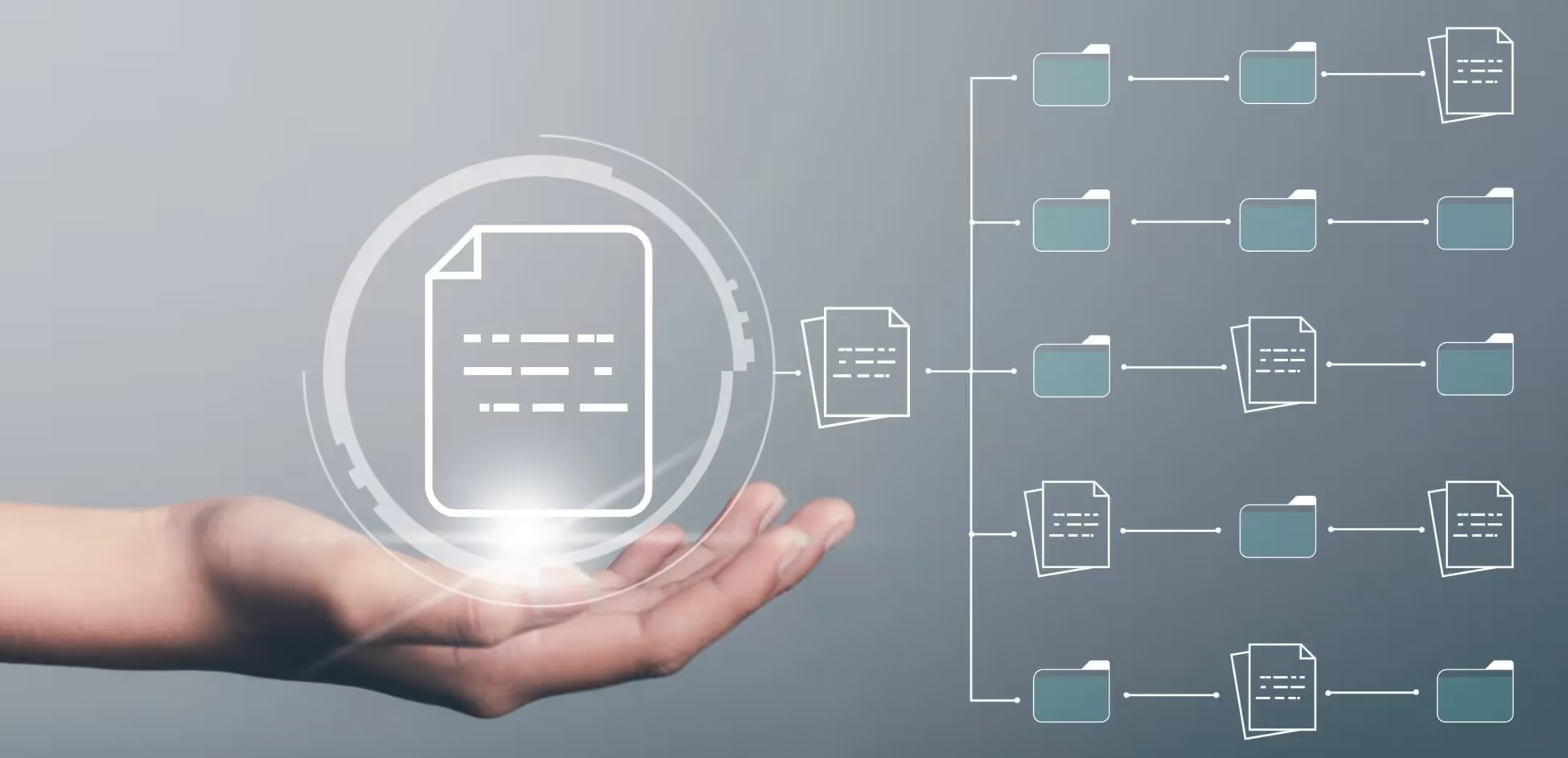Interview multiple candidates
Lorem ipsum dolor sit amet, consectetur adipiscing elit proin mi pellentesque lorem turpis feugiat non sed sed sed aliquam lectus sodales gravida turpis maassa odio faucibus accumsan turpis nulla tellus purus ut cursus lorem in pellentesque risus turpis eget quam eu nunc sed diam.
Search for the right experience
Lorem ipsum dolor sit amet, consectetur adipiscing elit proin mi pellentesque lorem turpis feugiat non sed sed sed aliquam lectus sodales gravida turpis maassa odio.
- Lorem ipsum dolor sit amet, consectetur adipiscing elit.
- Porttitor nibh est vulputate vitae sem vitae.
- Netus vestibulum dignissim scelerisque vitae.
- Amet tellus nisl risus lorem vulputate velit eget.
Ask for past work examples & results
Lorem ipsum dolor sit amet, consectetur adipiscing elit consectetur in proin mattis enim posuere maecenas non magna mauris, feugiat montes, porttitor eget nulla id id.
- Lorem ipsum dolor sit amet, consectetur adipiscing elit.
- Netus vestibulum dignissim scelerisque vitae.
- Porttitor nibh est vulputate vitae sem vitae.
- Amet tellus nisl risus lorem vulputate velit eget.
Vet candidates & ask for past references before hiring
Lorem ipsum dolor sit amet, consectetur adipiscing elit ut suspendisse convallis enim tincidunt nunc condimentum facilisi accumsan tempor donec dolor malesuada vestibulum in sed sed morbi accumsan tristique turpis vivamus non velit euismod.
“Lorem ipsum dolor sit amet, consectetur adipiscing elit nunc gravida purus urna, ipsum eu morbi in enim”
Once you hire them, give them access for all tools & resources for success
Lorem ipsum dolor sit amet, consectetur adipiscing elit ut suspendisse convallis enim tincidunt nunc condimentum facilisi accumsan tempor donec dolor malesuada vestibulum in sed sed morbi accumsan tristique turpis vivamus non velit euismod.
The Robodebt Royal Commission has uncovered some uncomfortable truths about 'draft' documents and other so-called 'low value' records.
Robodebt was a debt recovery scheme put in place by the Australian government that ran from 2015 to 2019. It unlawfully issued debt notices to welfare recipients using a flawed algorithm (we discuss why algorithms are not usually suitable technology for public policy here, as they are not transparent or accountable). The scheme unlawfully claimed almost $2B from 433,000 people.
But as well as a fundamental failure in the use of technology for government administration, Robodebt was a failure in records management.
The paradox of 'drafts'
There are two key issues with Rododebt relating to the use of 'draft' documents.
Firstly, lack of formal records. The Department of Human Services Secretary at the time, Kathryn Campbell, could not explain why the advice in the proposal for the Robodebt scheme changed. Original advice had said the scheme would be unlawful. At some point, this advice was changed, but there was no clear record of when, why, or by whom. No written briefs were raised to Ministers warning them about the risk, even as the harm became clearer and clearer. Many of the important decisions made just weren't formally documented. They were in verbal conversations, emails, or ephemeral documents. Nobody consistently made formal, 'final' reports that were captured formally in a recordkeeping system. Almost everything was just a draft, or a 'low value', transitory record.
Secondly, it appears that the Department of Social Services deliberately avoided making some records 'final'. In 2018, they sought advice from Clayton Utz, which also found that the scheme was illegal. But this advice was left in draft form, after DSS decided the final version was "not required", which meant it technically did not need to be acted on.
Change the culture?
One thing that has been clear throughout the Inquiry is that the public service culture needs some changes. But can we expect a culture change that results in everyone finally deciding to make, and keep, clear and formal records? Repeated audits for the last two decades have found that recordkeeping in government is inconsistent and incomplete. The Australian National Audit Office Annual Report noted back in 2006 that often it is only when there are pressing business priorities or something goes wrong that the full implications of not having in place good recordkeeping practices become apparent.
It is unlikely that at this point, when Departments still cannot furnish important records 'when something goes wrong' like Robodebt, that we can still expect to fundamentally change this culture.
A different approach
This Royal Commission will be the death of the 'draft'. No longer will previously 'ephemeral' records like emails, draft versions, and chats be treated as not important, and as existing outside of the 'formal' record.
No longer will personnel in government and other workplaces think that because something is 'draft', it can be discounted.
Whether a piece of information is in the recordkeeping system or not, the Inquiry has shown that it is, and must be, part of the story. The Commission, and the public, have been frustrated by the inability of the Departments to produce and furnish many of these 'lost' records in a timely way (not just in this Inquiry, although this one is significant enough to create a new watershed in the way we think about records). The new expectation is that all of this information, however and wherever it is captured, will be discoverable and returnable as evidence of decision making. This is the right way to use technology for regulatory control -- to become more transparent and accountable, not less.

.svg)



